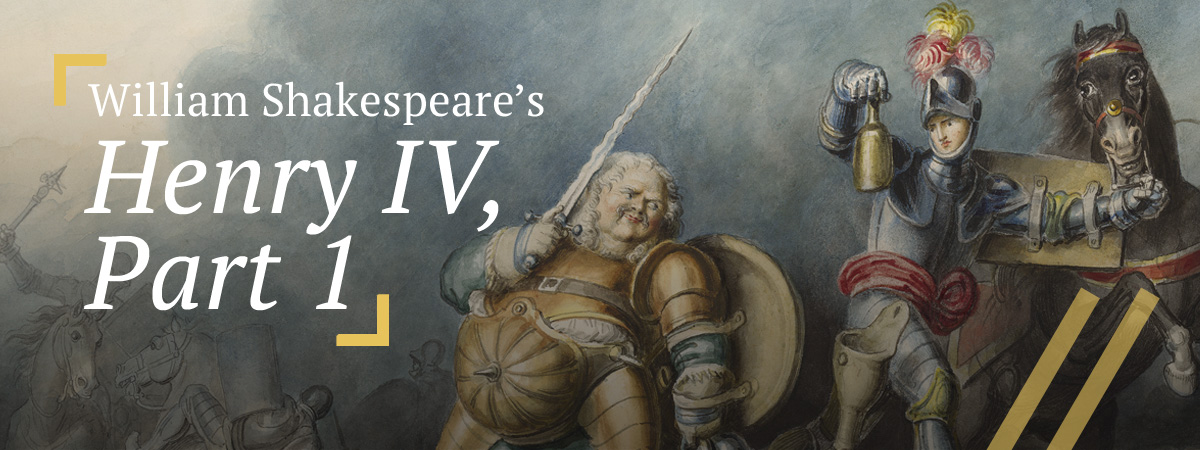By Angeliki Georgakopoulou,
“The greatest way to live with honour in this world is to be what we pretend to be”.
— Socrates
Honour is the perceived quality of worthiness and respectability, that affects both the social standing and the self-evaluation of an individual or institution. Or rather, that is what we like to claim within our modern and politically correct society. But what if we considered honour as a social construct, a lie, purposefully crafted to mask individuals’ active pursuit to please, to fulfil expectations or to create a false outer image of themselves?
In order to develop a deeper understanding of honour, one has to explore the term theoretically and historically. The concept of honour originates in antiquity, with Aristotle as one of its pioneers. Honour, on the other hand, is a relatively new academic subject of study. In fact, the sociologist Peter Berger has argued that honour operates at three levels in human life: materially, ontologically, and socially.
Thus, in consequence, two subcategories are derived. One, being honour as an emotion or sentiment, and the other, being honour as a social dynamic, regulating the relations between an individual and society in an axiological system. It is further imperative to differentiate between horizontal honour (the right to respect based upon one’s inclusion within a particular group) and vertical honour (the right to special respect enjoyed by those who are superior in rank), which prescribes the “correct code of honour”.
However, the practical application of honour by civilisations in time proves to be performative. Individuals become subjects of verisimilitude, whereby their mannerisms and behaviour contradict their personal values and beliefs. In this way, by merely participating in a play extempore, they become dishonourable to themselves, as they subsequently betray and sacrifice their ideological inclinations to adopt a contextually accepted “mask of honour”.

This notion is further manifested in a plethora of texts, which, by providing a mirror to society, deal with numerous issues that plague our reality, including honour. Specifically, Shakespeare’s historic morality play Henry IV, Part 1 utilises vivid characterisation to capture three contrasting views on honour, which provide a measure of one’s morality and conscience. The depiction of “honour” as a woman reveals how Hotspur’s heroism leads to his rise to power, by inciting mutiny, but paradoxically, his lack of political skill and delicacy, along with his quixotic notion of honour, leads to his destruction in the play’s conclusion. Thus, Shakespeare positions honour as Hotspur’s merit and hamartia.
Antithetically, Falstaff’s soliloquy acts as a portal into his sceptical and cynical nature, which sheds light on the value of human life, and agrees with postmodernist values. Conversely, Falstaff’s “catechism” on honour was viewed by Elizabethan critics as an act of cowardice, as it contradicted traditional Christian homilies and challenged the pre-conceived notion of honour as the substance and foundation of society. Nevertheless, Hotspur’s infatuation with classical honour and Falstaff’s apparent lack of honour serves the primary function of illuminating Hal’s skill in balancing the two extremes, creating his own complex concept of honour, which positions him as the epitome of a “stout gentleman”.
Through this deliberation on honour in Shakespearean drama, one is able to conclude that its value lies in its numerous interpretations, rather than its role within humanity. Hence, honour becomes synonymous to dishonour, as what may be perceived as honourable for one, becomes an act of great dishonour for the other.
Arguably, the definition of honour is a subject to change, depending primarily on context. However, it is imprudent to disregard the idea that honour can be in fact a metonymy for dishonour. Has the time come to redefine our personal concept of honour?
References
- Thorstein Norheim, Aasta Marie Bjorvand Bjørkøy, The concept of honour and honour narratives, in Literature and Honour, idunn.no, Available here
- William Shakespeare, Henry IV, part 1 (the entire play), shakespeare.mit.edu, Available here




